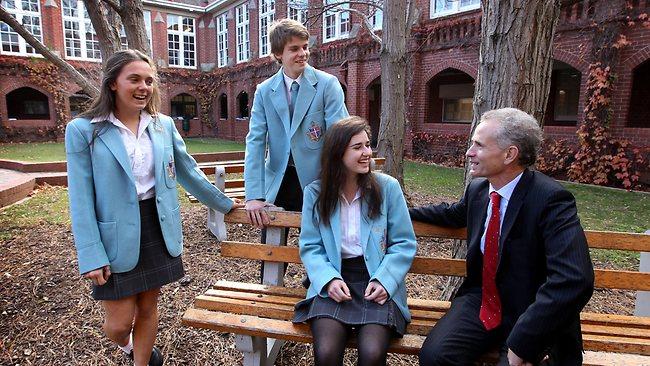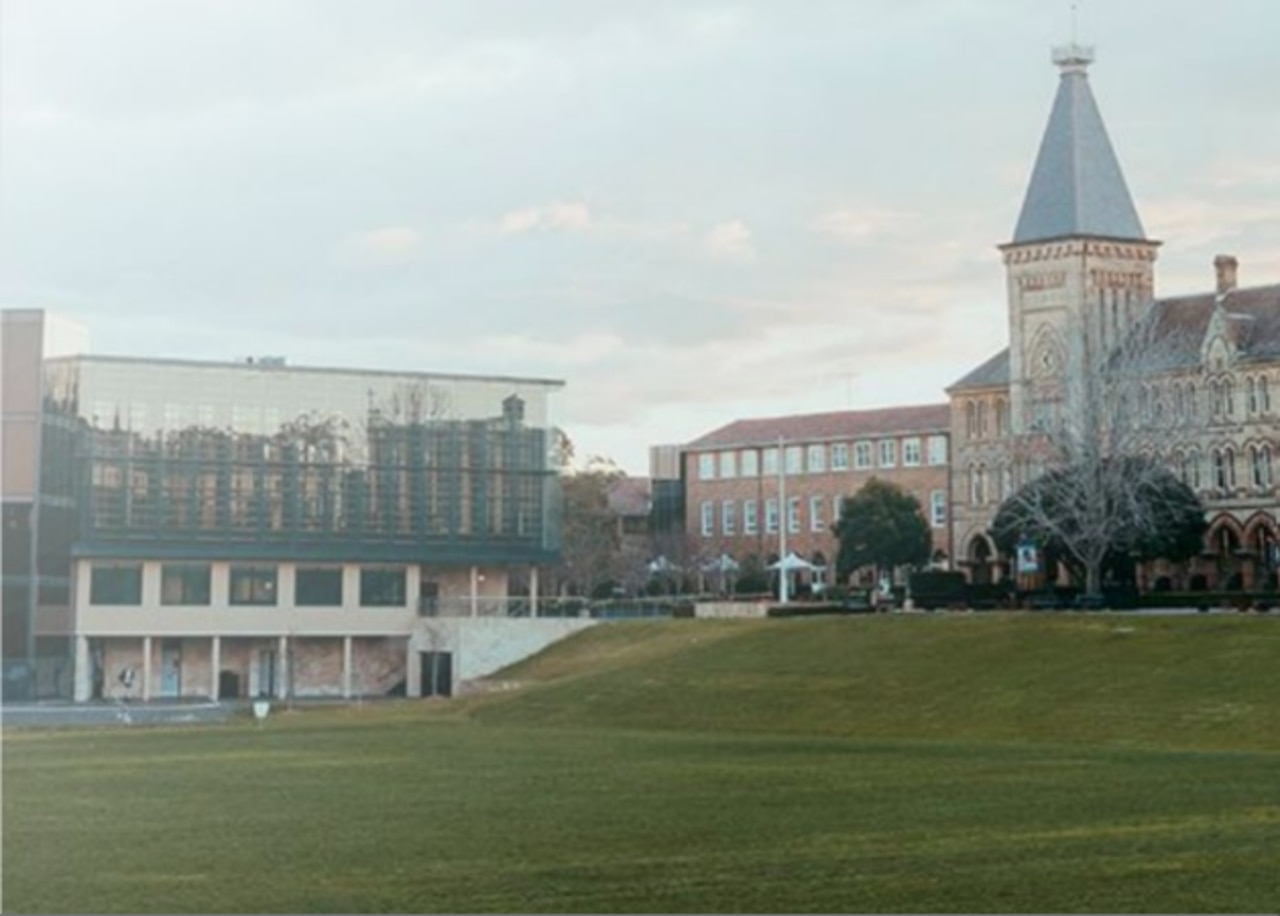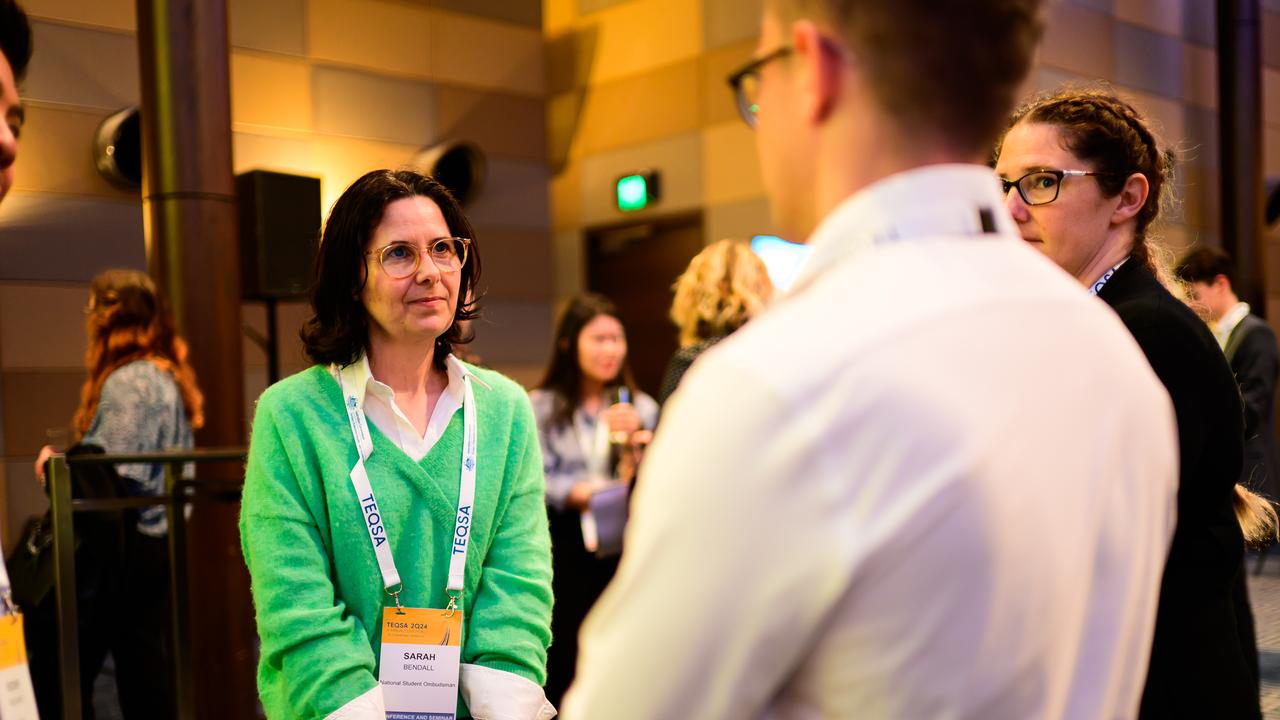If they're happy and they know it . . .
POSITIVE education is taking hold from the gleaming halls of Geelong Grammar to hardscrabble public schools across the country

CRITICS deride it as "happyology", but positive education is taking hold from the gleaming halls of Geelong Grammar to the classrooms of hardscrabble public schools across the country.
The brainchild of an American psychologist, positive education aims to help students cultivate positive emotions and character traits, improving their behaviour and fighting depression before it sinks in.
Teachers faced with the challenge of teaching adolescents in the 21st century have embraced it with fervour, led by the elite Geelong Grammar and its team of specially trained staff.
"If our investment saves one kid from committing suicide in 10 years' time it's worth every single penny," said vice-principal Charlie Scudamore.
"This is not about kids walking around with a smile on their face, ignoring critical human emotion.
"It's about a flourishing person who is in control of their emotion, who can deal with adversity, knows that adversity is going to hit them and there will be sad times and bad times, but they can bounce back from that."
Geelong Grammar has pioneered the spread of positive education over the past four years, incorporating it across the whole school as well as running specific Year 7 and 10 classes and seeking donations from parents to run courses on the concept for other school teachers.
Nathan Chisholm, principal of Altona College in Melbourne's western suburbs, said the adoption of positive psychology had produced a remarkable change in student and staff attitudes at his battling public school.
"We have shifted the culture from one of welfare to one of wellbeing, and that's a really important thing," Mr Chisholm said.
South Australia has appointed positive psychology founder Martin Seligman as its latest thinker in residence, using a pilot program in the Adelaide Hills to help determine whether rollout of positive psychology should occur across the state system.
While the growing number of schools involved, and support from prominent psychologists, has lent weight to positive education, Sydney psychologist Vera Auerbach warned it would not help children with serious mental health issues.
"I think it's flavour of the month; I think it's like a fad," she said. "If you're a well-adjusted individual and you've got no issues in life, positive psychology might help by just putting something on top of it.
"If you are deeply depressed and suicidal, if your boyfriend has broken up with you and you don't want to live any more, then I don't think this positive-psychology stuff works at all."


